
Introduction
Hard water is water that has high mineral content, especially calcium and magnesium. Many households have this kind of water, whether it comes from a treatment plant, communal supply or a local well.
Even though hard water is not considered harmful for the health, it is not a preferred type of water, especially for industrial purposes, where it causes frequent breakdowns of various equipment due to calcification. Even in a household, calcification can be noticed on taps, shower handles, tiles and such.
There are tests for determining whether a source provides hard or soft water. However, a simple test than can be done at home can show the type of water too. To do this test, it is required to dissolve some soap in a plastic bottle filled with water. If the foam forms easily and quickly when the bottle is shaken, the water is not hard.
Effects of hard water on the skin
Hard water is not considered harmful for the overall health, but it does have some negative effects on the skin and the hair.
Calcium is the main mineral that determines the hardness of water. The most significant effect of this mineral on the skin is dryness. Frequent use of hard water for bathing, showering and washing hands is bound to make the skin look and feel dry, rough, dull and, eventually, flaky and scaly. It also leaves the skin feel dry, lifeless and weighted down. On the scalp, calcium causes dryness and irritation, leading to dandruff and hairs that break easily.
Chlorine is a chemical that is frequently added to water in order to disinfect it. It is an oxidizer that causes positively charged minerals in the water to bind to the skin and hair like magnet, because skin and hair are negatively charged.
Chlorine can be very harmful for the skin as it causes sun and air to oxidize the skin, leading to protein damage. Combined with minerals already present in the water, such as calcium, magnesium, iron, copper, silica and lead, it is clear that water saturated with those agents is by no means favorable for the skin.
In order to overcome dry skin caused by hard and chlorinated water, it is required to switch to another source, the one which provides softer water. It is also recommended to avoid bathing for too long and to cut down on time spent in the shower.
Hands should be protected with waterproof gloves when doing household choirs that involve water. The skin of the entire body, but especially the face, hands and feet, should be kept moisturized at all times.


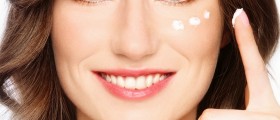


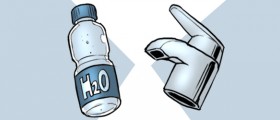


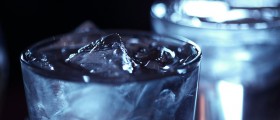

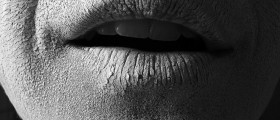
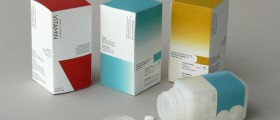
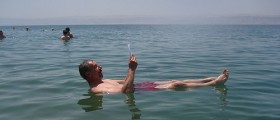

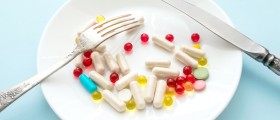


Your thoughts on this
Loading...